Why Islam? The story of three female converts
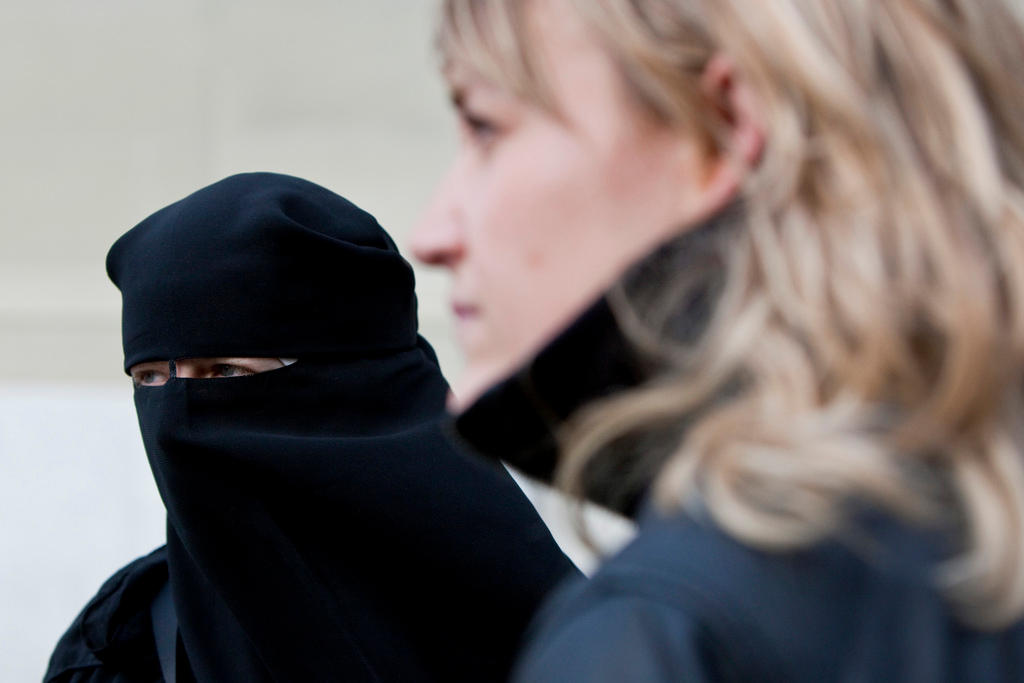
With a burka ban coming into force in part of Switzerland on Friday, and anti-Islam sentiment running high, we asked three Swiss women why they decided to become Muslims.
Barbara Veljiji climbs the stairs up to a cosy room in her farmhouse. Flames are crackling in the wood-burning stove, keeping the room warm on this cool spring day.
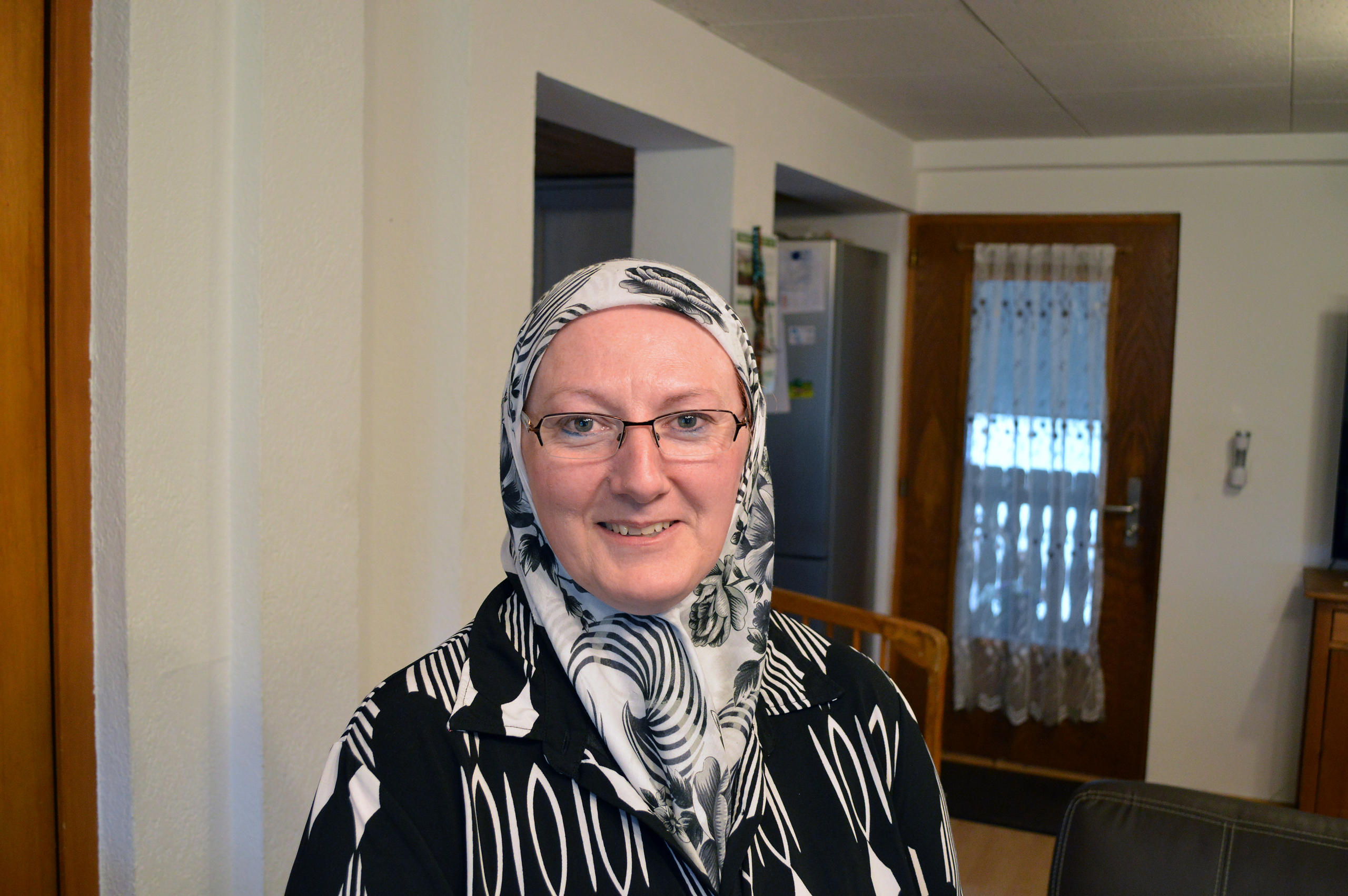
Veljiji lives here with her husband, who is originally from Albania, their three sons, a daughter-in-law and her mother on the farm that used to belong to her parents in the rural countryside west of Bern. Veljiji converted to Islam in 1992 when she was 23 years old. “I think it’s a good faith,” is her simple explanation. She says that thanks to Islam she has found inner peace. She has worn a headscarf for the past nine years, prays, fasts and eats only halal products whenever possible.
She also takes a pragmatic approach to her and husband’s role. Since she earns more in her profession, she has been the breadwinner since the birth of their last child while her husband takes care of the household. Even though this model is not very Islamic, she says she can’t imagine it any other way since she enjoys her work.
Logical Islam
Natalia Darwich has always been a very religious person and was active in her church community in central Switzerland. However, when she was about 30, she began to seriously question the Catholic church. She found it wrong to pray to both God and Jesus. She was also put off by the pomp of the Vatican, and was not convinced by the idea of confession, often as a child making up sins only to satisfy the priest.
That’s why she left the church and began to look closely at spirituality. She came upon the Quran and read it twice in its entirety. She took an intellectual approach to Islam. “It showed me that it can answer questions logically,” Darwich says about the religion, which she considers a more “complete Christianity”.
She married a man from Lebanon and converted to Shia Islam. Her friends and family took her decision in stride. At the time of her conversion eight years ago, Darwich was over 40 years old. For the past three years, she’s worn a headscarf. She quit her job before she decided to begin wearing it every day.
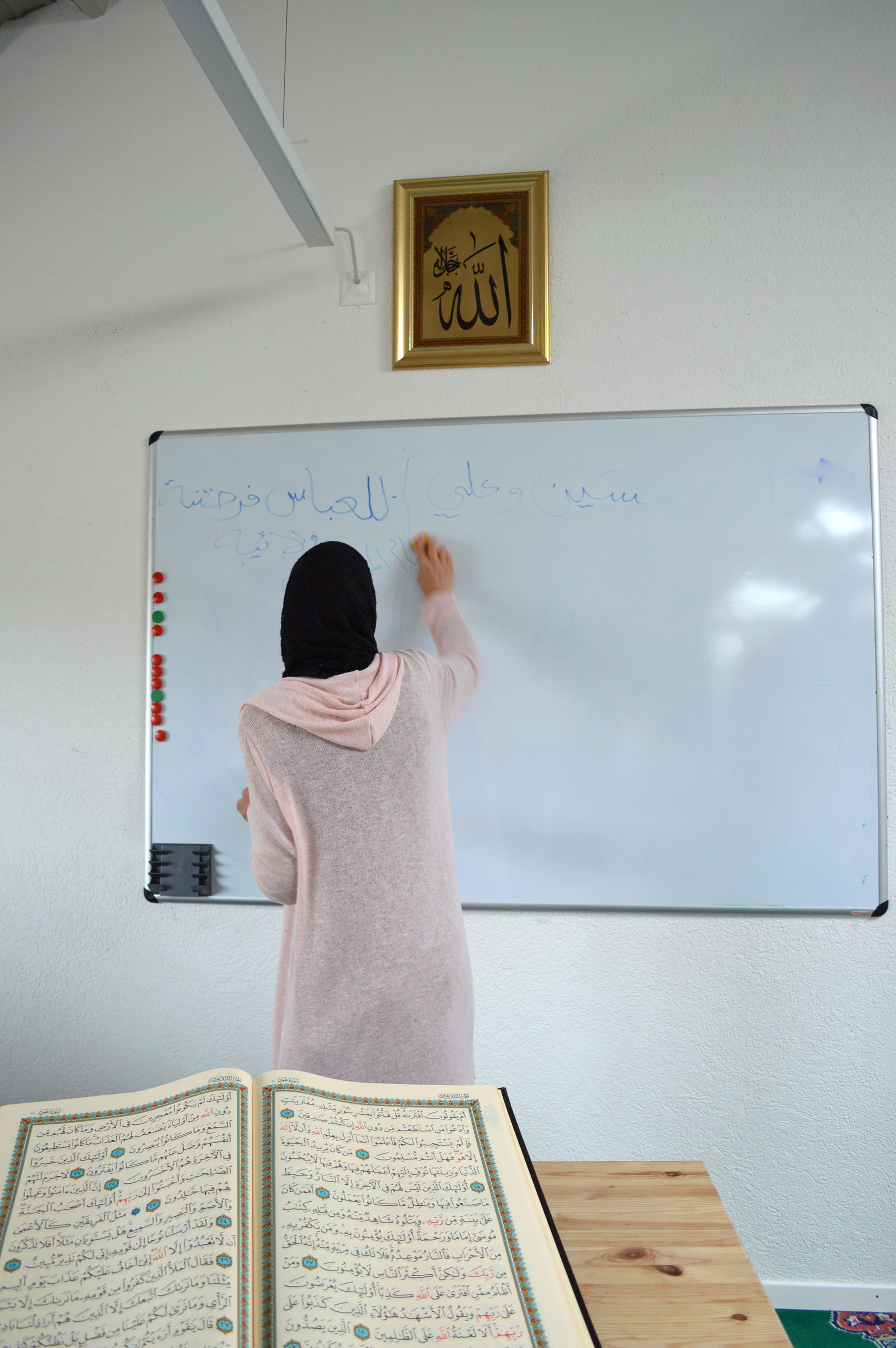
Enlightened in Dubai
Before she covered her head and face with the niqab, married a man who had converted to Islam, gave birth to five children, and spoke out in favour of polygamy (she has not denied reports her husband has a second wife), Nora Illi was a normal young woman from canton Zurich. She partied, experimented with Buddhism and was a vegetarian. Illi is now possibly the best known female convert to Islam in Switzerland.
On a trip to Dubai at the age of 18, the call to prayer from a Muezzin was an epiphany. In 2002 Illi converted to Islam, only two weeks after her boyfriend and now husband became a Muslim. Both are members of the radical Islamic Central Council of Switzerland, which has drawn controversy due to its contacts with extremists and radical preachers.
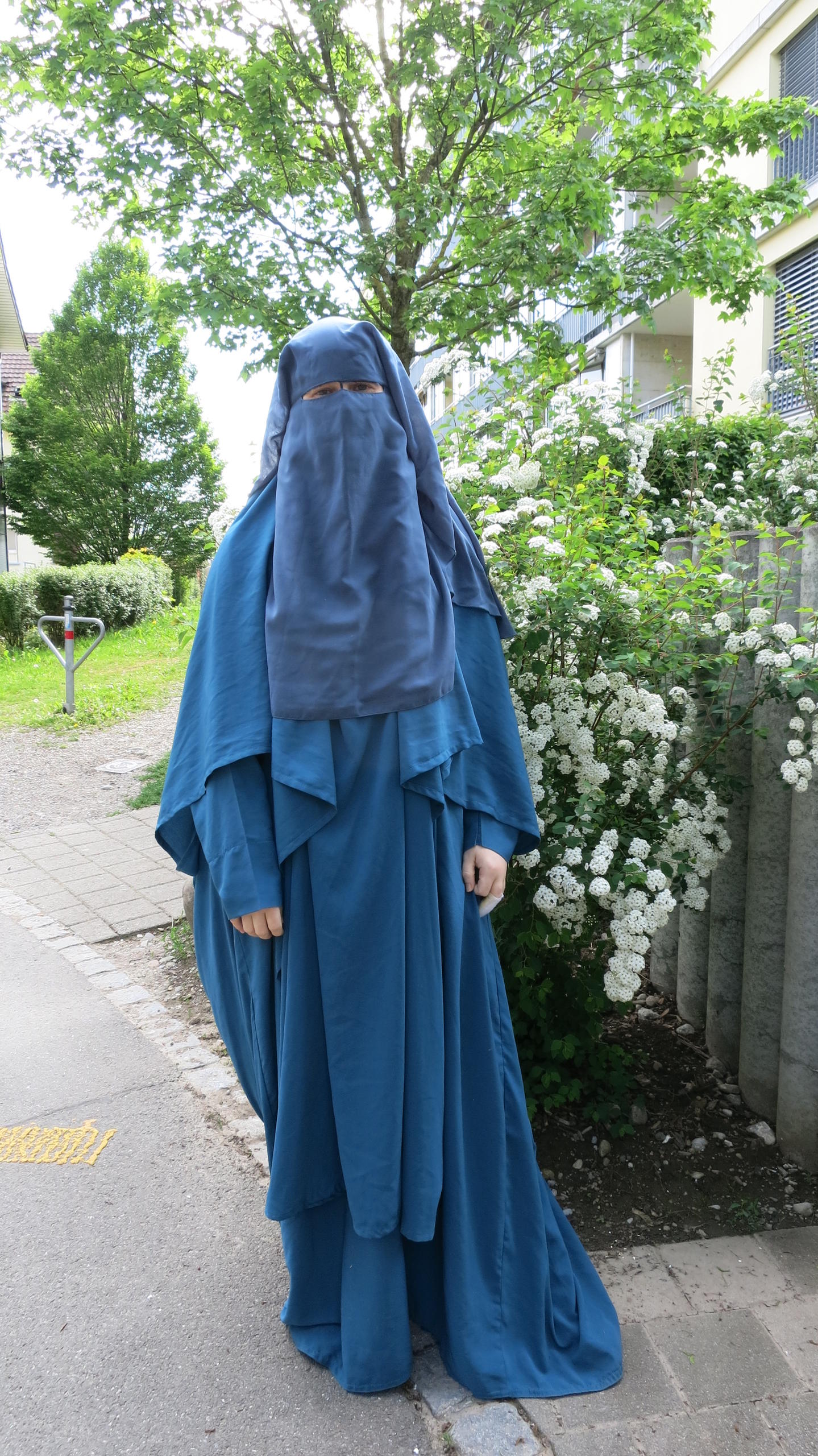
Illi explains that she herself once harboured prejudices against Muslims. “I thought Muslim women were oppressed.” However, she came to the conclusion that inequality is often a cultural issue, and doesn’t come from Islam. She claims women can be active outside the home.
All three women believe in a literal interpretation of the Quran, but also try to reconcile it with western values. During our conversations, the three would find themselves searching for explanations or excuses for Islamic laws and bans, at times deflecting the questions or stonewalling.
Veljiji admits that the Quran permits a husband to beat his wife if she doesn’t obey. “But hitting is always a sign of stress which has nothing to do with religion, and beatings are also mentioned in the Old Testament.”
And Illi trivialises the ban on homosexuality in Islam, saying it’s only forbidden in public. She says she supports the right of marriage for all, including homosexuals. “I’m tolerant,” she adds.
The three women appear to identify strongly with Swiss values, especially emancipation for women. They differentiate between religion and culture. For them, Islam fills a void in western society.

More
Are Muslim women slaves or queens?
You can contact the author of this article on FacebookExternal link or Twitter @SibillaBondolfiExternal link.
Can you imagine converting to Islam? Let us know in the comments.

In compliance with the JTI standards
More: SWI swissinfo.ch certified by the Journalism Trust Initiative









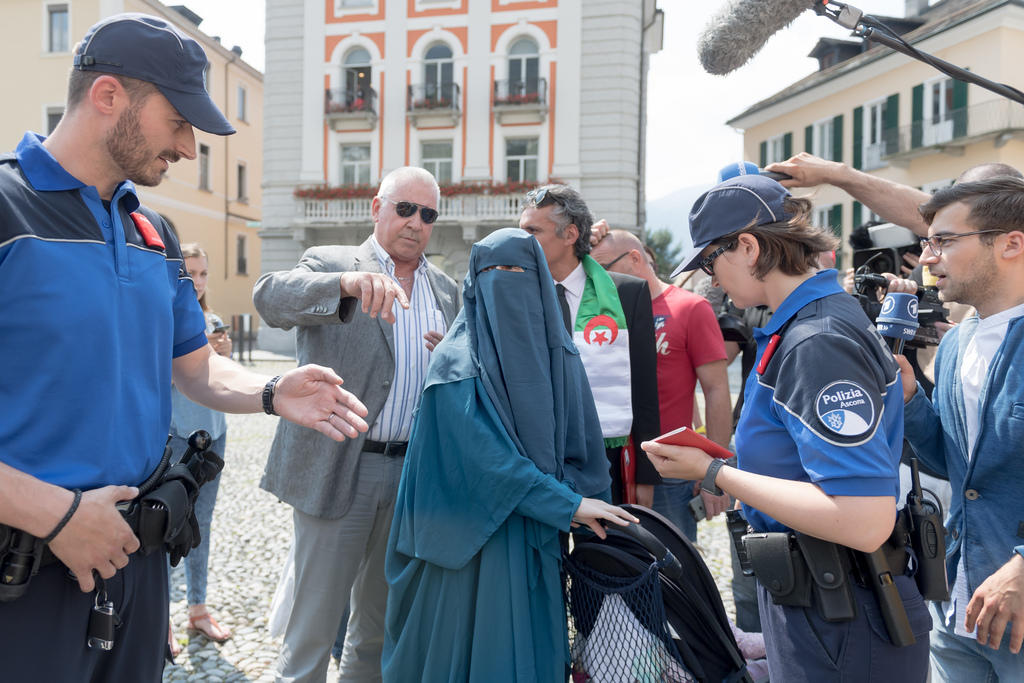
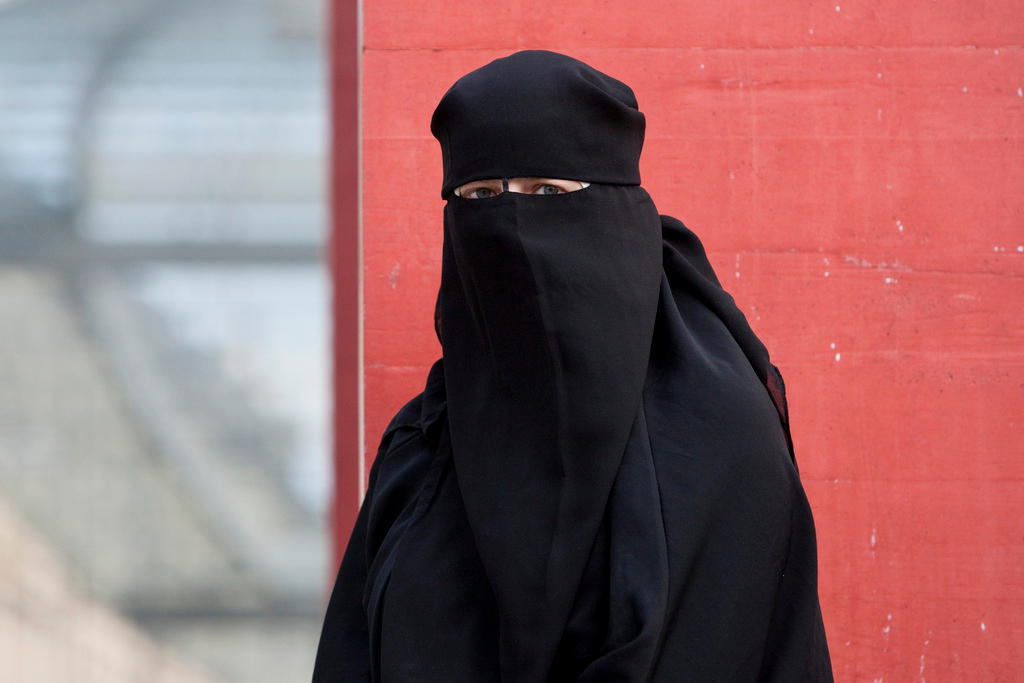




You can find an overview of ongoing debates with our journalists here . Please join us!
If you want to start a conversation about a topic raised in this article or want to report factual errors, email us at english@swissinfo.ch.